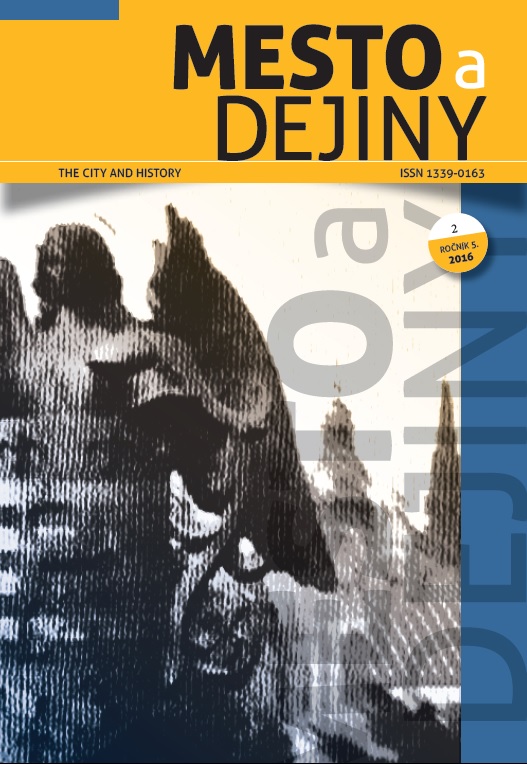The magister tavarnicorum and the towns in the Hungarian Kingdom in the Angevin era
The magister tavarnicorum and the towns in the Hungarian Kingdom in the Angevin era
Author(s): Boglárka WeiszSubject(s): History, Diplomatic history, Economic history, Local History / Microhistory, Political history, Middle Ages, 13th to 14th Centuries, 15th Century
Published by: Univerzita Pavla Jozefa Šafárika v Košiciach
Keywords: Kingdom of Hungary; Towns; History of Law; Magister tavernicorum; 14th century;
Summary/Abstract: In the Angevin era, the magister tavarnicorum was first of all the highest office-bearer of financial administration, but he also had other functions. Firstly the magister tavarnicorum’s function as ‘ordinary judge’ actually meant that he was at this time regarded as the main court of appeal for cases heard in towns, or the judge of towns. This function began to accrue to the magister tavarnicorum in the second half of the thirteenth century but only became fully formed in the Angevin era. The magister tavarnicorum’s judicial powers were manifested in diverse matters and can be traced through charters of privilege granted to towns and documents recording his actions in specific cases.
Journal: The City and History (Mesto a dejiny until 2019)
- Issue Year: 5/2016
- Issue No: 2
- Page Range: 6-17
- Page Count: 12
- Language: English

